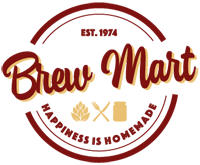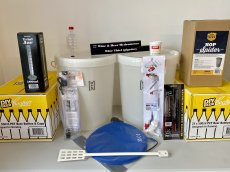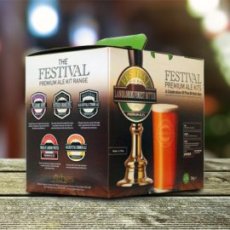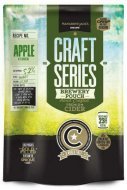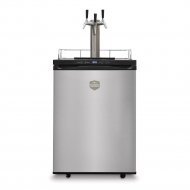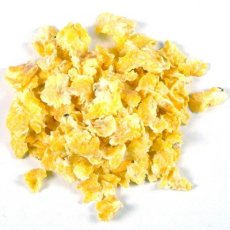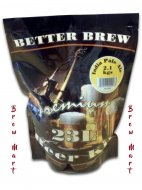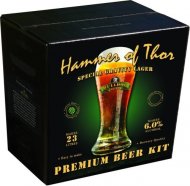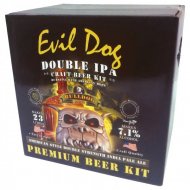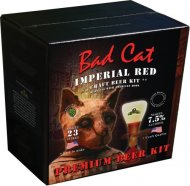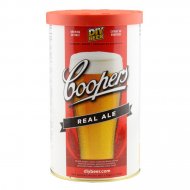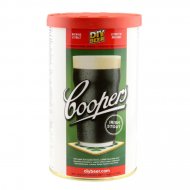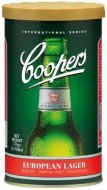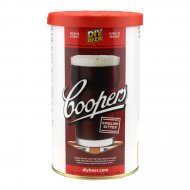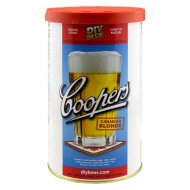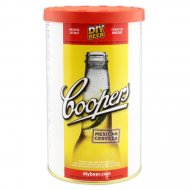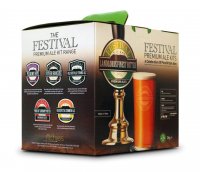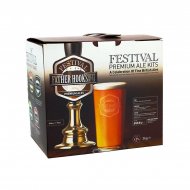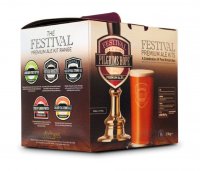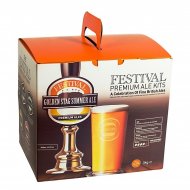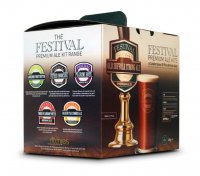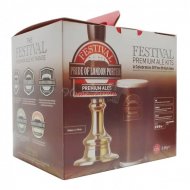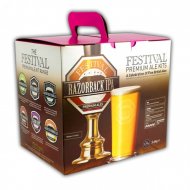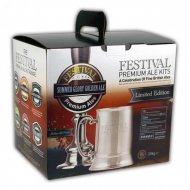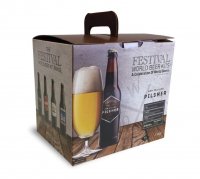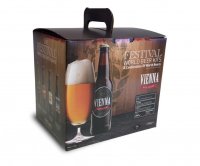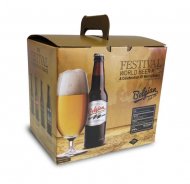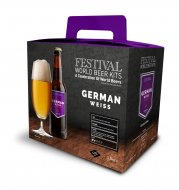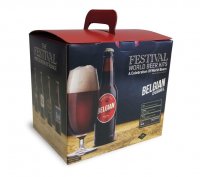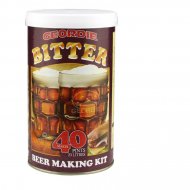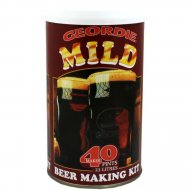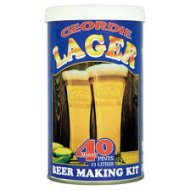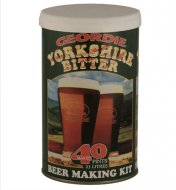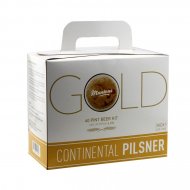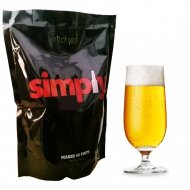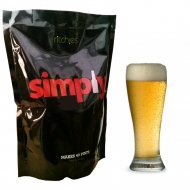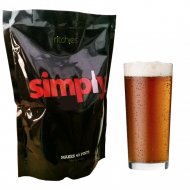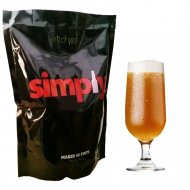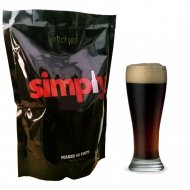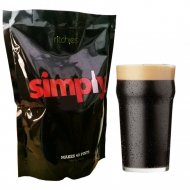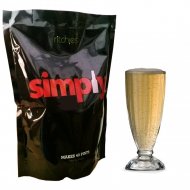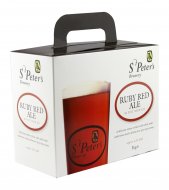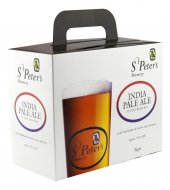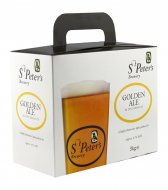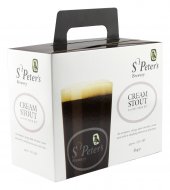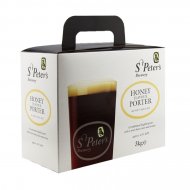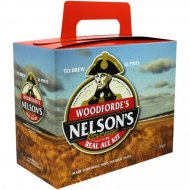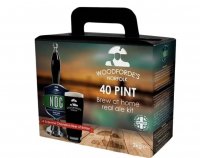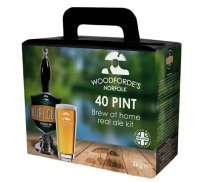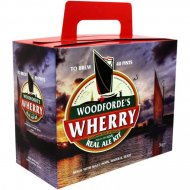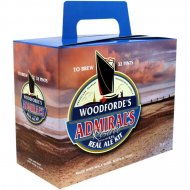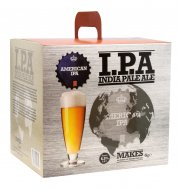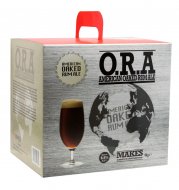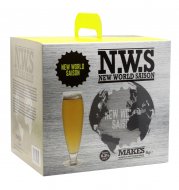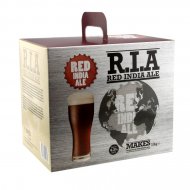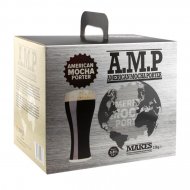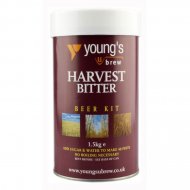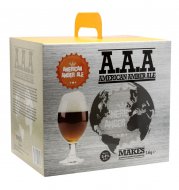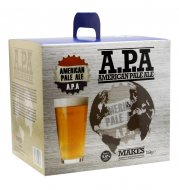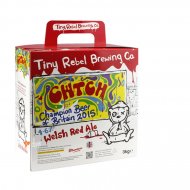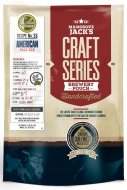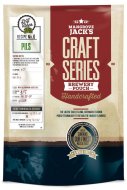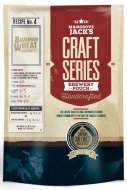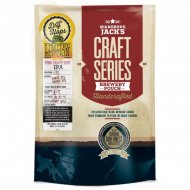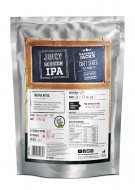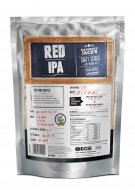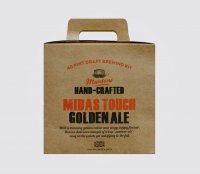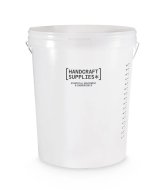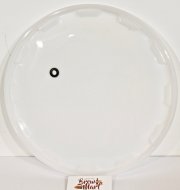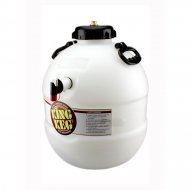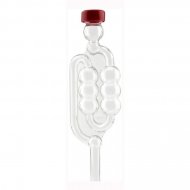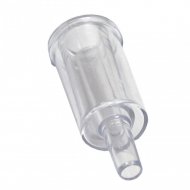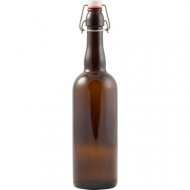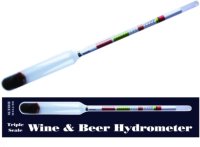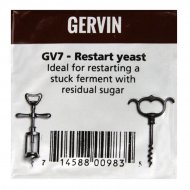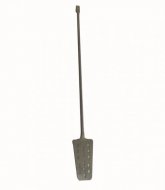Essential Beer & Wine Brewing Equipment
Home-brewing covers many different kinds of drinks. However, as with many hobbies, while you can spend a medium-sized fortune on equipment, but you only need a few essential home brewing items when you start.
The principle behind beer brewing is to extract the sugar and flavour from a source and let the yeast work.
Before starting, consider that you will need a bit of room to brew in, so make sure you have given that some thought. The kitchen is the most obvious choice, so think about your worktop and hob space. Especially when you brew beer, where recipes and kits are often for 20 litres at a time, ensure you can work safely with large volumes of potentially hot, sticky liquid.
The good news is that you can quickly scale down most recipes.
You can obtain beer kits and wine kits at very reasonable prices. Brew Mart is a great high street and online store to choose a beer kit.
Beer Kits
Bulldog Brews Evil Dog American Double Strength IPA Home Brew Kit - 40 pt.
For this first brew, the esssential home brewing equipment you will need is
- A 25L fermenting bucket to brew the beer in.
- A pressure barrel or Bottles to store your beer, cider or wine in.
- For further information, read Should I use bottles or barrels?
- Syphoning equipment for racking off and bottling.
- An hydrometer to measure the gravity/ABV (Alcohol By Volume) of the beer,
- Read How to Use a Hydrometer
- A trial jar for use with the hydrometer
- A stick-on thermometer for monitoring temperature. Most yeasts operate best between 18 and 21 degrees Celsius. See yeast or kit instructions for further details.
- A plastic paddle for stirring or mixing your wort. Do not use wood as wood harbours bacteria and organisms that can affect the wort. A stainless steel paddle is even better as it will have a much longer life span.
- An airlock to stop any air from getting into the wort. It also helps indicate how well the beer is fermenting.
- A good quality steriliser is essential for home brewing.
- For further information, read The importance of Sterilisation
- Brewing sugar is required for kits with low sugar content. Brewing sugars are necessary to create alcohol. The more sugar, the higher the potential ABV. Read What sugar should I use?
- Most of this equipment is included in a beer brewing starter kit for beginners.
Essential Brewing Equipment
This essential homebrew equipment can all be purchased separately or together as a starter kit. For any other brews, you would be able to reuse all of the equipment; thus, depending on your beer kit, it would cost you about 50p a pint. If you get into the hobby of all-grain brewing, it tends to be cheaper and allows you to experiment with the recipe however you fancy.
Buying a fermenting bucket
To ferment your beer kit, you’ll need a fermenting bucket. The 25-litre capacity is the most commonly used, giving you some headspace for a 20-litre beer kit.
Purchase one with a lid, as leaving your wort open to the air is not advisable and covering it with clingfilm or a tea towel is not a suitable way to look after and keep your brew safe.
You can also purchase carboys or demijohns. Traditionally these are made of glass or plastic and are available in various sizes. Glass is more pleasing to the eye than a plastic bucket but is heavier.
Is an airlock essential?
An airlock is not essential on a bucket and lid but is an excellent improvement on leaving the cover cracked open slightly to let CO2 escape. With a carboy, they are crucial.
Choosing your paddle for stirring
You will need a sanitised long-handled stirrer – you may already have something suitable in your kitchen, ideally in stainless steel.
A long-handled stirrer is used to mix the malt extract with the hot water before fermentation and possibly when priming the beer.
Do not use wooden implements as they may harbour microbes that could spoil your beer.
That is it in a nutshell, is all the essential homebrew eqipment you need to make a 20-litre brew of beer with the minimum amount of equipment. Once you have the equipment, every brew can reuse the equipment reducing the cost.
If you feel like progressing to the next stage, you can make your recipes rather than use beer kits, and if you move beyond malt extract to using grain, the possibilities are gratifying.
Check out all brew Mart's home brew hints & tips
